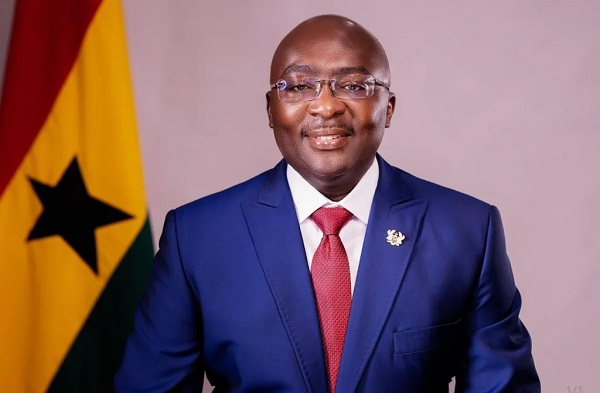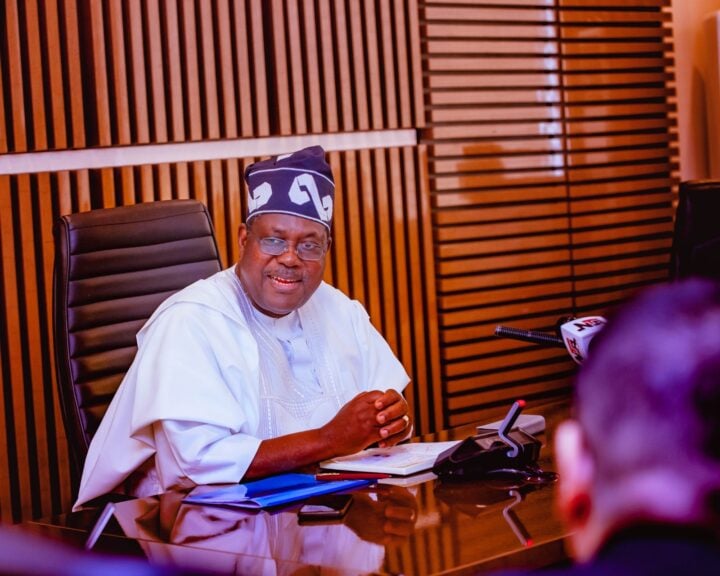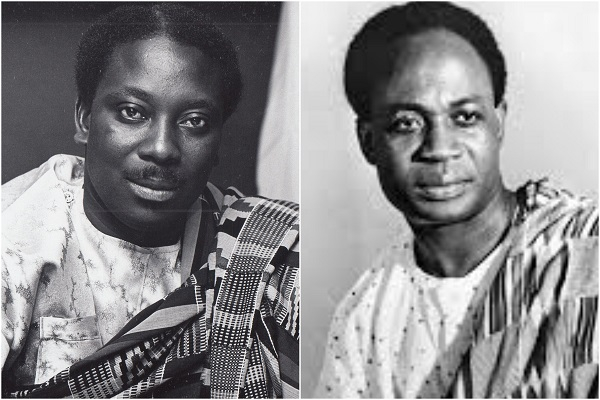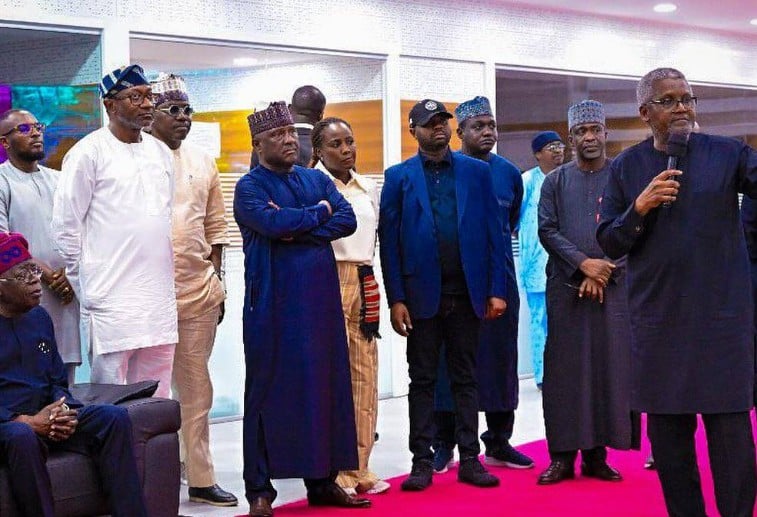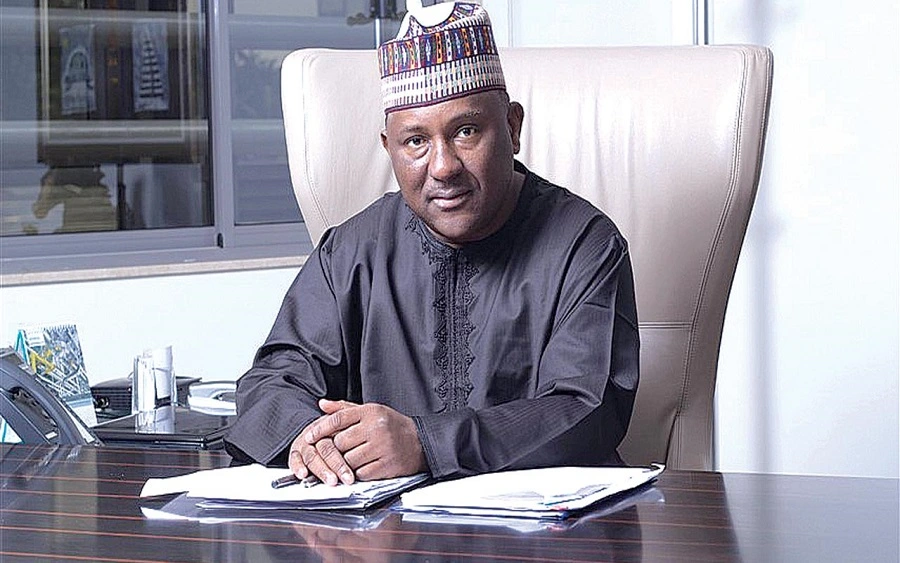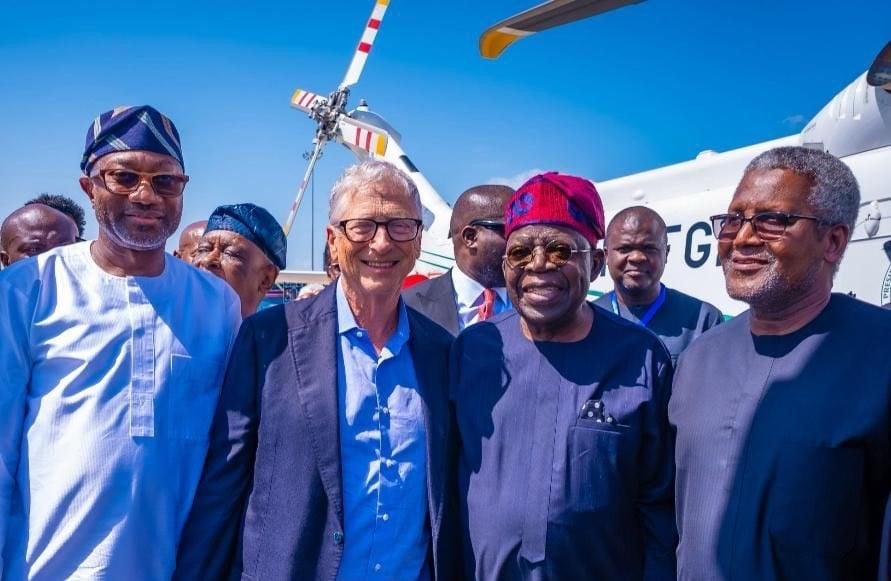Why All Nigeria's Billionaires Are Over 60 - And Who Might Be Next
The 2025 edition of Forbes’ World’s Billionaires List featured four Nigerians: Aliko Dangote, Mike Adenuga, Abdul Samad Rabiu, and Femi Otedola. One striking detail unites them beyond immense wealth—.
The Billionaire Generation GapYouth Meets Hustle: Why the Gap PersistsWho Might Be Next?1. Tayo Oviosu (Founder, Paga)2. Iyinoluwa Aboyeji (Co-founder, Flutterwave & Andela)3. Mitchell Elegbe (Founder, Interswitch)4. Odunayo Eweniyi (Co-founder, PiggyVest)5. Sim Shagaya (Founder, uLesson & Konga)The Sectors That Could Birth New Billionaires in Nigeria
As Africa’s most populous nation with a median age of just 18, Nigeria stands at the intersection of youth and tradition.
But when it comes to serious wealth creation—the billionaire kind—it remains a playing field dominated by veterans. The question now is: And more importantly:
This age pattern reveals an uncomfortable truth: Nigeria’s billionaire class was shaped in a different era—when deregulation was new, opportunities were massive, and networks meant everything.
These men amassed their fortunes in traditional sectors: Industries that thrived in the post-military, early democracy years of Nigeria’s economic liberalization. The billionaires of today began laying their foundations in the ‘80s and ‘90s—decades before tech disruption, social media virality, or startup accelerators.
That historical advantage—access to licenses, capital, insider networks, and state contracts—helped them build fortunes brick by brick over decades. It’s a world far removed from the startup ecosystem many young entrepreneurs navigate today.
Despite a swelling wave of youthful ambition, several factors continue to delay the rise of young Nigerian billionaires:
So while the talent, drive, and ideas are abundant, the
Still, the landscape is shifting. With the digital economy growing and investor interest in Africa rising, a new class of ultra-wealthy Nigerians may emerge in the coming years. Okay.ng looks at some names and sectors to watch:
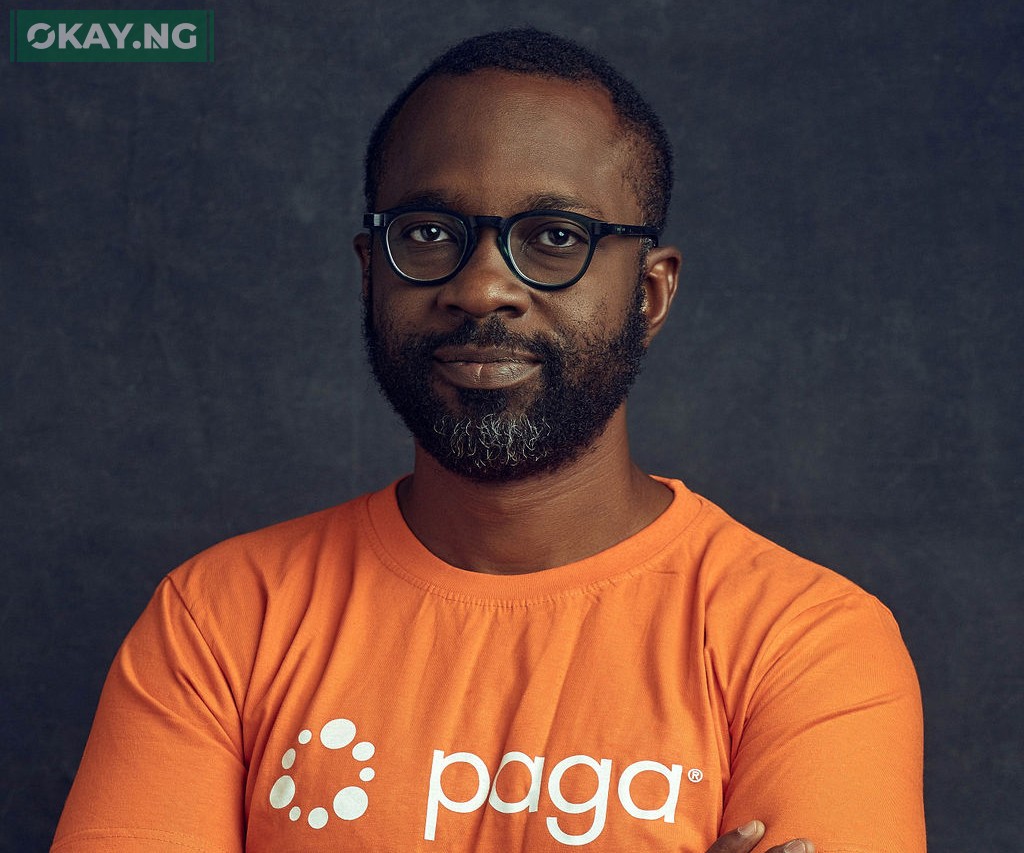
Paga is one of Nigeria’s leading mobile payments platforms. With the fintech sector booming and digital transactions skyrocketing, Oviosu’s leadership in the cashless ecosystem puts him on the radar for future billionaire status—especially if Paga goes public or scales pan-Africa.
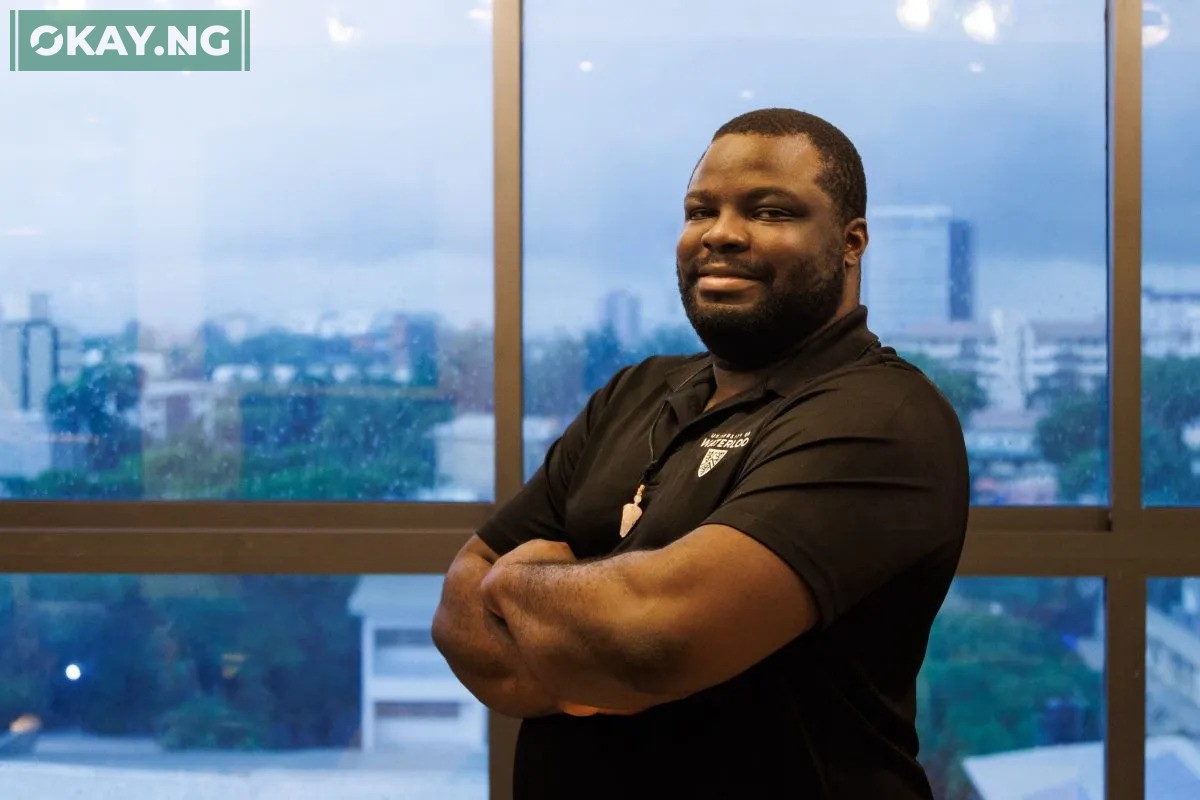
Aboyeji has been at the center of two of Africa’s biggest tech success stories. Flutterwave, a payments company now valued at over $3 billion, is Nigeria’s most prominent startup. Though he exited the company, his stake and reputation continue to grow. He’s also nurturing the next wave of African founders through his fund, Future Africa.
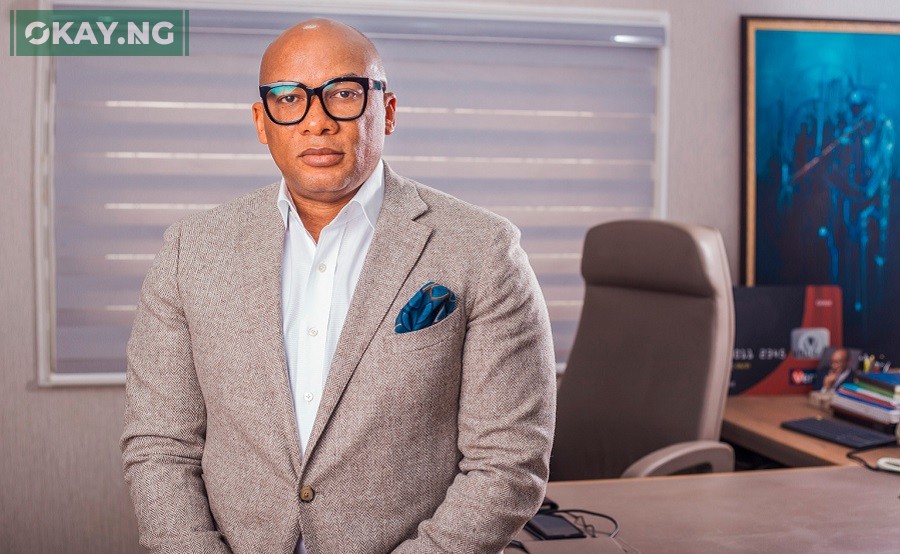
Interswitch was a pioneer of digital payments in Nigeria. With global backing from Visa and Helios, and a rumored IPO in the works for years, Elegbe’s long-term stake in Nigeria’s fintech revolution makes him a contender for future billionaire recognition.
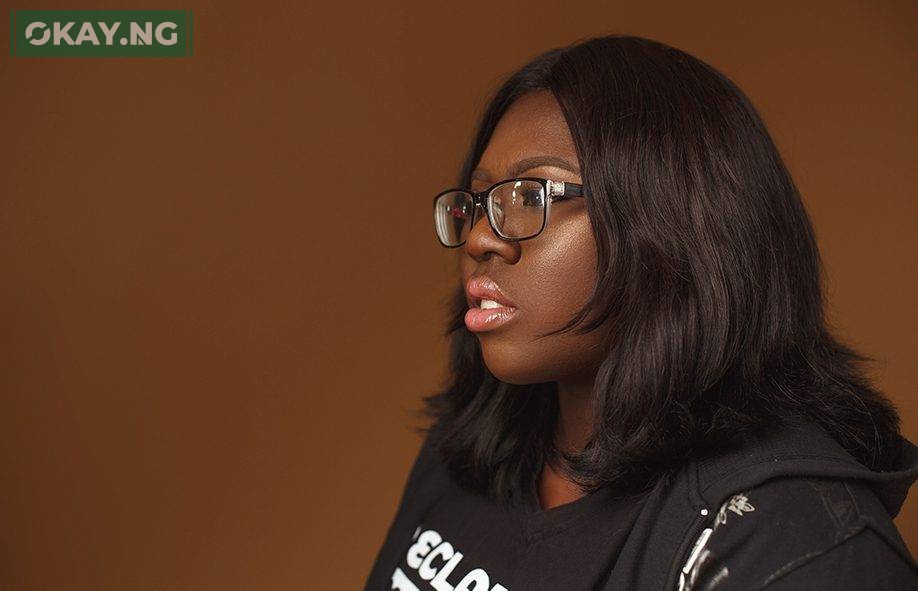
A trailblazer in Nigeria’s female tech space, Eweniyi co-founded PiggyVest, one of Nigeria’s fastest-growing fintech startups. Her work in finance, advocacy, and women-led ventures puts her among the most watched young executives. If PiggyVest continues its growth path or exits strategically, she could become the first Nigerian woman billionaire of her generation.
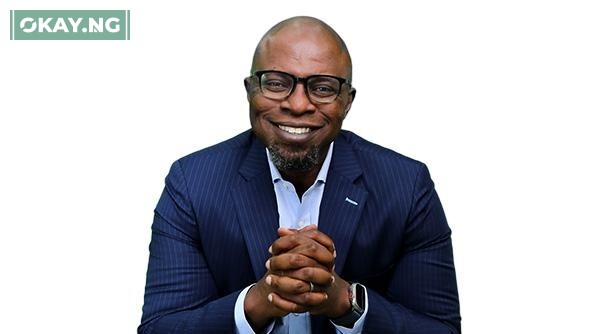
Known for launching Nigeria’s first major e-commerce platform, Konga, and later, edtech company uLesson, Shagaya’s deep belief in digital education and scalable innovation makes him a strong long-term player in the billionaire watchlist.
While the current list is dominated by cement, oil, and telecoms, the next generation of Nigerian billionaires will likely emerge from new territory:

